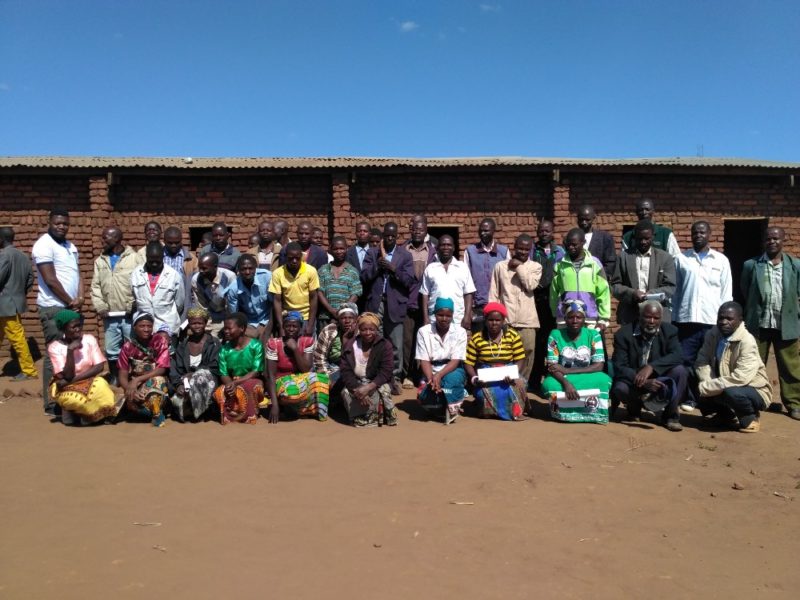The Early Warning System (EWS) is hosted by the International Accountability Project and supported by partners around the world. The EWS ensures local communities, and the organizations that support them, have verified information about investments being proposed at major development banks, including the governments, companies and investors involved, and clear strategies for advocacy – ideally before funding is decided.
Communities and organizations around the world lack accessible and timely information on development projects and resources to reinforce their engagement in the development process.
Improved participation and accountability on development
The Early Warning System exchanges information, advice, tools and resources with communities and the local organizations supporting them to inform their campaings related to development plans and financing. The information exchanged includes accessible information about projects at development finance institutions, including the roles of any private actors, and critical data from community-led research efforts. With data from local communities and development finance institutions, the Early Warning System exposes trends in development by sector, bank, geography and community response. The Early Warning System relies on Community-led Response Partners to contribute tactical support, as determined by local priorities. Methods of community response may include, accessing decision-makers, community-led surveys and research, understanding possible leverage points related to investments made by private actors, filing complaints, and determining local development priorities.
In Latin America and the Caribbean, the Early Warning System is co-administered by a network composed of Cohesión Comunitaria e Innovación Social (CCIS), Colectivo sobre Financiamiento e Inversiones Chinas, Derechos Humanos y Ambiente (CICDHA), Fundación para el Desarrollo de Políticas Sustentables (FUNDEPS), Instituto Maíra, Interamerican Association for Environmental Defense (AIDA), Sustentarse, Plataforma Internacional Contra la Impunidad (PICI), and the International Accountability Project (IAP).
Access to Information
The Early Warning System includes the first civil society-led database to organize, summarize and standardize projects at the largest development banks. The growing Early Warning System Database is updated daily and holds more than 20,000 projects proposed since January 2016. More than 7,000 private actors are also recorded. The Database itself is an important resource, however the Early Warning System Team focuses on outreach – getting this information and support to those nearest the proposed project who need it most. Each year, the Early Warning System Team and partner organizations conduct outreach on at least 3,000 projects.
Community-led Development
The newest information on proposed projects and mobilization support can inform local development priorities and campaigns, and change how development is done today. The Early Warning System provides an early advantage and broader trends analyses for communities and groups to take action for the development, if any, they envision.

